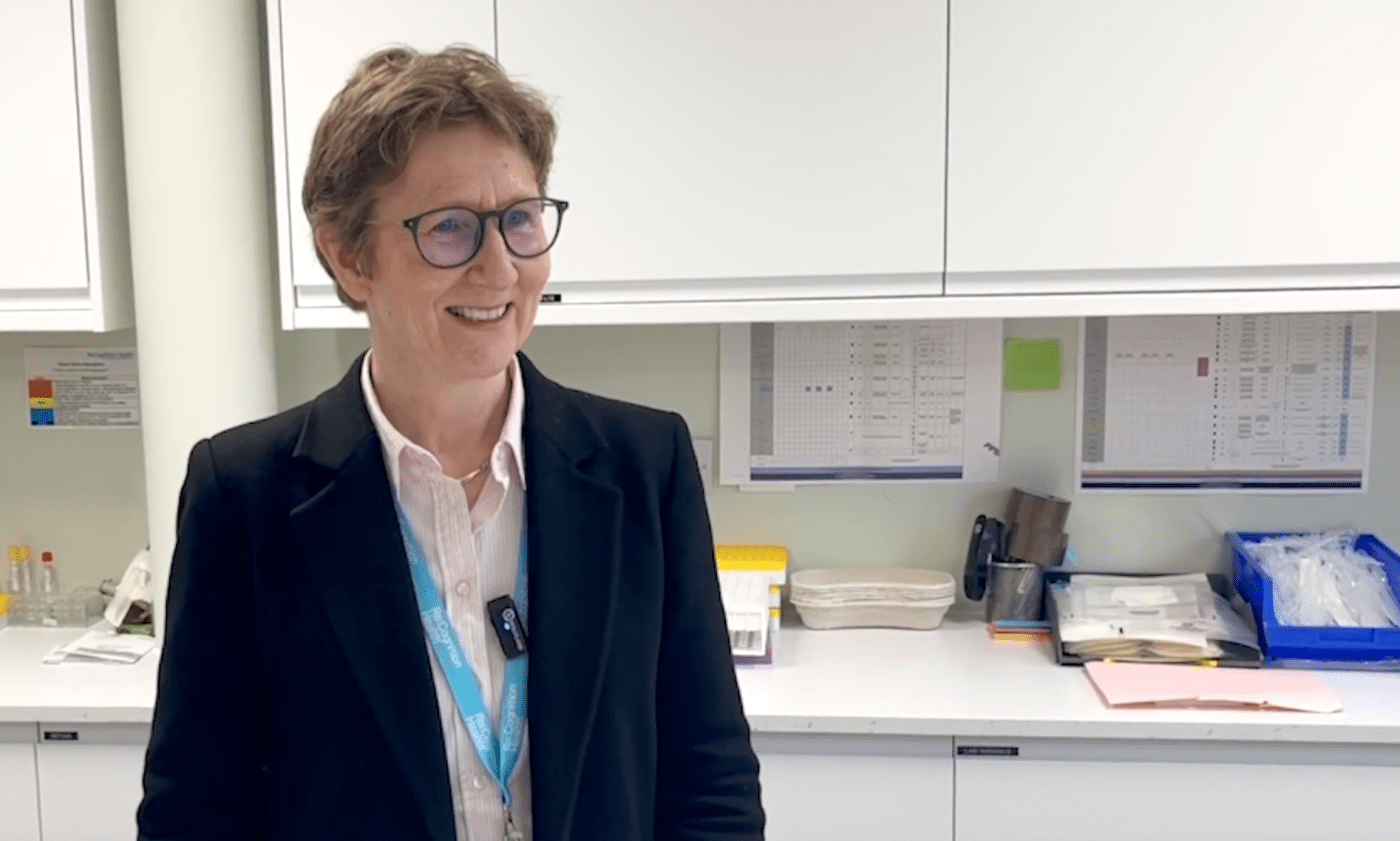Dr Emer MacSweeney, Co-Founder, CEO and Consultant Neuroradiologist at Re:Cognition Health, was interviewed, recently, by Healthcare Today about one of the most pressing issues in modern medicine: the future of Alzheimer’s treatment. She explained why the gradual loss of short-term memory in later life is not a normal part of ageing and why we are closer than ever to a turning point in treating this devastating disease.
The Misunderstanding Around Memory Loss
One of the greatest barriers to progress, Dr MacSweeney explained, is public perception. Many people assume that memory lapses in later life are simply part of “getting old.” In reality, these may be early signs of a neurodegenerative process. Recognising this distinction is vital, because new amyloid-targeting drugs, such as leqembi(™) and Kisunla(™) (lecanemab and donanemab, respectively ), are most effective at the earliest stages of the disease.
This makes early and accurate diagnosis crucial. Routine cognitive tests cannot confirm whether toxic proteins such as amyloid or tau are accumulating in the brain. Instead, advanced biomarker testing is required. As Dr MacSweeney emphasised, the foundation of this new treatment era lies in recognising that memory loss is not normal ageing, understanding that early diagnosis requires biomarkers, and appreciating that early intervention can change the trajectory of the disease.
A New Generation of Drugs
For decades, available Alzheimer’s medications have been purely symptomatic, helping manage memory problems but doing nothing to halt disease progression. The latest generation of drugs is fundamentally different. By targeting the underlying disease process, they are disease-modifying therapies, akin to chemotherapy for cancer. They do not simply mask symptoms but work to slow the disease itself, offering new hope for patients and families.
Policy, Economics and the Wider Challenge
Another barrier lies not in science, but in healthcare systems. Regulators such as the MHRA assess safety and efficacy, while NICE in the UK must decide whether treatments are cost-effective in the context of the NHS budget. Alzheimer’s is not just a medical challenge but a socio-economic one, with years of decline and heavy care needs. As populations live longer, the cost of dementia care is becoming one of society’s greatest pressures.
Trials and Prevention
At Re:Cognition Health, clinical trials are at the forefront of this shift. Advanced AI cognitive assessments, detailed biomarker screening and imaging allow researchers to identify, now, individuals who are cognitively normal but carry amyloid or tau proteins years before symptoms appear. These people may be just two or three years away from developing mild cognitive impairment. By intervening at this stage, it may be possible to delay symptoms well into later life, potentially to the point where Alzheimer’s never becomes clinically apparent.
Towards Treating Alzheimer’s Like Diabetes
Dr MacSweeney is cautiously optimistic that we may soon treat Alzheimer’s in a similar way to diabetes: through early detection of biomarkers, careful monitoring and targeted therapies to manage risk and delay disease onset. The gap between research capabilities and standard clinical practice is widening, but her mission at Re:Cognition Health is clear – to close that gap and give individuals access to early, accurate diagnosis and life-changing treatments.
As she concluded: “That is why I get up in the morning.”
Read the full article on Healthcare Today:
https://healthcaretoday.com/article/emer-macsweeney-forgetfulness-is-not-a-normal-part-of-ageing
To learn more about the new advances in Alzehimer’s, listen to our podcast at The Brain and Mind Experts.
Available online, or wherever you listen to your podcasts.
 Visit our USA website
Visit our USA website





